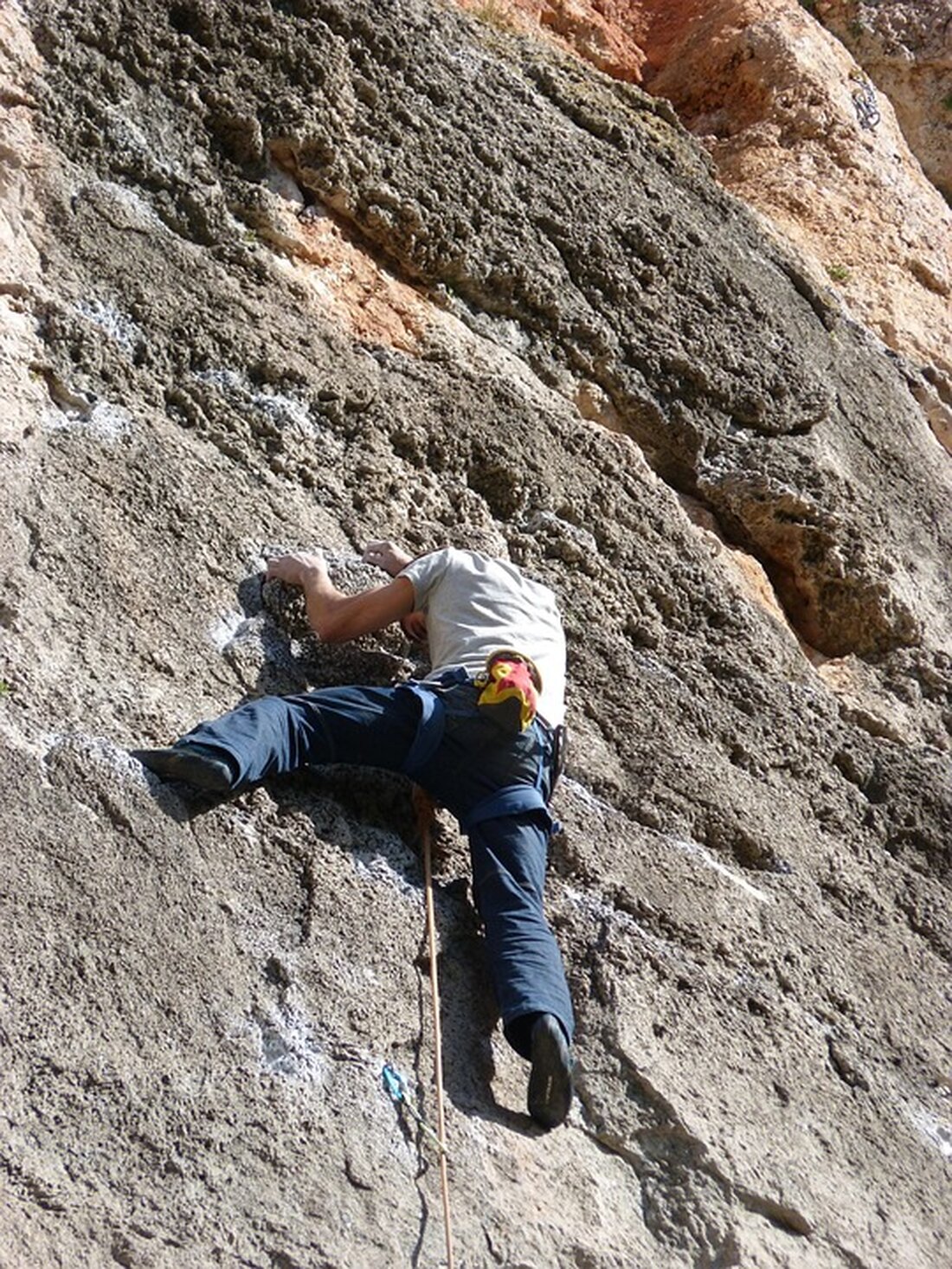Escalation in the Middle East: Iran and Israel on the verge of war?
Current developments regarding the travel warning: The conflict between Israel and Iran is escalating. The security situation in the Middle East is deteriorating.

Escalation in the Middle East: Iran and Israel on the verge of war?
On June 14, 2025, the conflict between Israel and Iran continued to escalate after explosive military activities by both sides were confirmed. Foreign Minister Johann Wadephul has condemned Iran's retaliatory strike on Israel in response to a previous Israeli attack on nuclear facilities in Tehran. Reports of injuries from Iran are also mentioned. These tensions are creating a worrying situation in the Middle East, drawing international attention and calls for de-escalation.
In an official statement, EU foreign policy chief Kaja Kallas announced that all sides should show restraint. She also emphasizes the danger of the current situation. At the same time, the head of the International Atomic Energy Agency (IAEA), Rafael Grossi, informed Israel's President Izchak Herzog about the serious damage to the Iranian nuclear facility in Natans caused by the Israeli attacks. Interestingly, the IAEA has not detected any increased radiation, refuting reports of possible radioactive contamination.
Reactions and military activities
The military conflicts encompass several dimensions. The Israeli army said it had destroyed dozens of Iranian radars and rocket launchers, while Iran said it had intercepted all drones fired toward Israel. Israel's defense minister also threatened retaliation for further attacks from Iran. Jordan, which is playing an active role in this situation, reported the destruction of Iranian missiles and closed its airspace for security reasons.
Russia has condemned the Israeli attack as an escalation and expressed concern about the situation. Turkey and other countries are also calling for an end to the aggression. Recent reports also mention that at least six scientists in Iran were killed during the attacks, further fueling debate about the need for Iran to have its own nuclear program. The Iranian leader announced that there would be no limits in the response to the Israeli attacks.
International perspectives
The situation has piqued the interest of international actors. In a telephone conversation with Netanyahu, Chancellor Merz emphasized that Israel has a right to self-defense, while warnings about possible escalation are important to him. In the last few hours, NATO Secretary General Rutte also called for de-escalation and China expressed concern about the current situation.
The US, on the other hand, appears to be acting cautiously and showing distrust of the information Israel is providing about the escalations. Opposition leader Yair Lapid has encouraged talks with the US on Iran to develop a coordinated strategy. A telephone conversation between Netanyahu and US President Joe Biden is about to begin after it did not take place for seven weeks. Amid this diplomatic turmoil, the Israeli military strike is fueling discussions about the future of Iran's nuclear program.
These developments make it clear that time is of the essence and long-term solutions are needed to prevent the conflict from spreading and to ensure security in the region. Further details on the latest developments can be found on br.de and tagesschau.de be read.

 Suche
Suche
 Mein Konto
Mein Konto